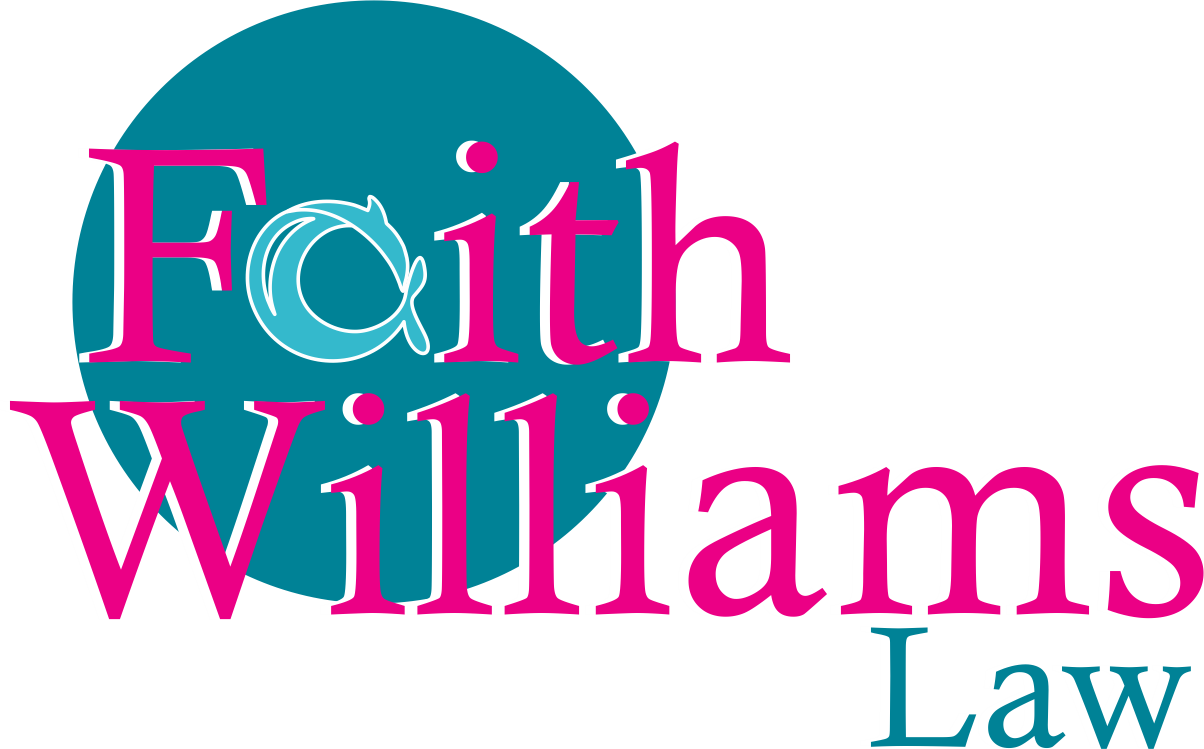Divorce Settlement
Arranging a divorce settlement can be a painful and difficult process, particularly when children, property and finances are involved.
Primary Earners
If you are the primary or only breadwinner in your household, you may need to continue providing for your spouse even after leaving. This may include paying bills or other necessities. These contributions are considered ‘reasonable payments’ and usually won’t affect the final settlement.
Dependants
If you are financially reliant on your spouse, you can ask for ‘reasonable payments’. Should they refuse, the courts may grant an ‘interim financial order’, mandating the provision of financial assistance until final agreements are reached.
Children
Children under 16, in full-time education or those with special needs will be given priority and the needs of children will always come first since they are almost invariably adversely affected by a relationship breakdown.
One key requirement for children is a secure home. This can mean one parent continues to live in the family home with the children, or the home may be sold and any equity divided.
With regards to finances, the parent not living with the children is still required to provide financial support proportionate to their means. This can be arranged privately or through the Child Maintenance Service.
Fair
Calculating a fair financial settlement is never simple. Even when one party is ‘at fault’ for the divorce, this rarely affects the settlement.
Some of the key factors considered in working out a ‘fair settlement’ include the following:
Income and other financial resources
This usually only looks at ‘proven’ assets such as current income and pension entitlements rather than ‘prospective income’.
Financial needs
Consideration will be given to the standard of living to which each spouse was accustomed (although this may not be relevant in every case) and financial needs of each party.
Length of marriage
When a marriage of longer duration breaks down, very often the dependent spouse will be entitled to a larger share of the family assets to assist them in getting back on their feet.
Contributions
This isn’t merely financial: taking care of the home and children is held to be as important as earning an income.
Prenuptial agreements
If there’s a prenuptial agreement in place, this will usually take precedent in the divorce settlement unless it’s deemed to be unfair.
Divorce settlement options
A clean break agreement is generally regarded as the most desirable outcome, allowing you to settle claims conclusively. That said, clean breaks cannot always be agreed. When they can’t, continued spousal maintenance might be necessary, whereby one spouse continues to contribute to the other. This can be temporary or indefinite.
Divorce Settlement Negotiation
Keeping divorce settlement negotiations between yourselves insofar as is possible is often desirable because it keeps costs down and leaves you in control. However, private agreements aren’t possible for every couple and you can apply to the courts for a financial order if required.
When starting negotiations, it’s important to be upfront about your financial situation to ensure divorce settlements cannot be overturned should additional information come to light later.
You will also need to identify your key objectives: areas in which you are willing to negotiate and those in which you are not.
Consent Orders
Once you have come to an agreement, you will need to apply for a consent order to make the agreement legally binding. When awarding a consent order, the court will also check that the divorce settlement is fair.
